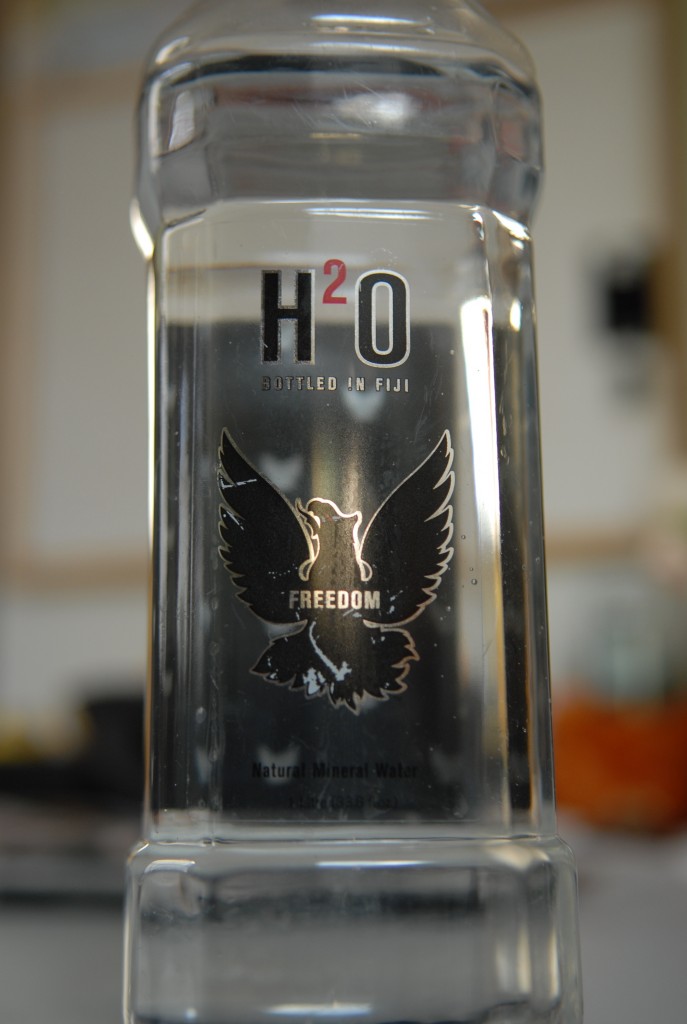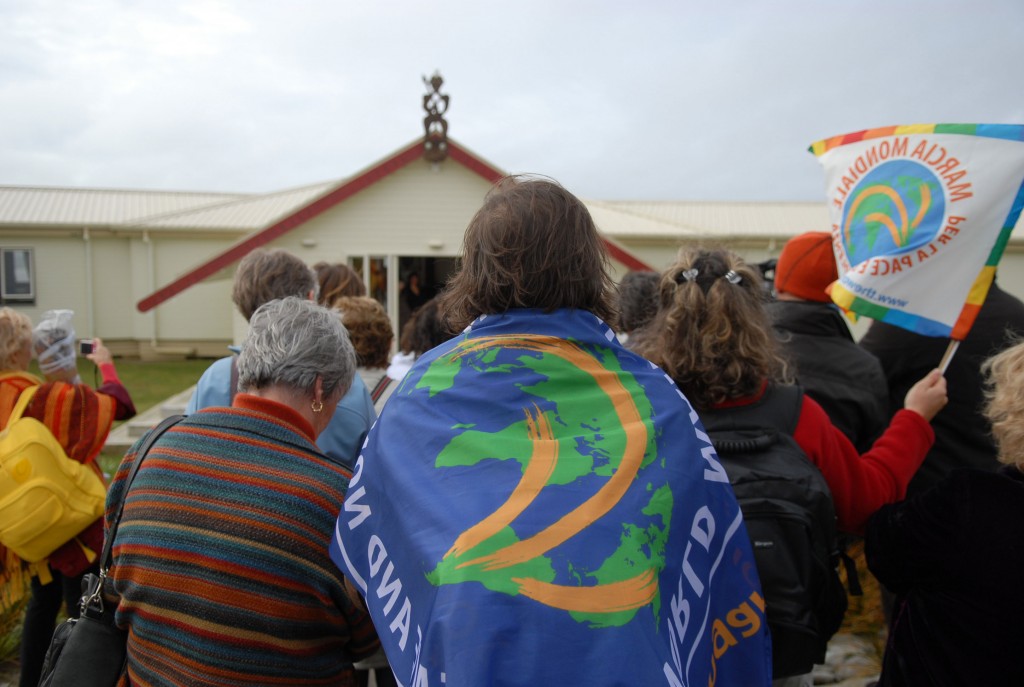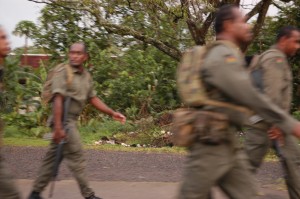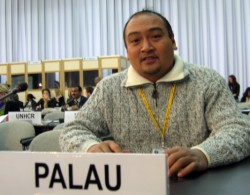 My friend bought me a gift back from her mid-winter vacation in Fiji, a bottle of “Freedom Water” that promises the consumer the “power or right to act, speak, of think as one wants without hindrance or restraint.” I guess the thought is carefree, but hardly applicable to Fiji right now.
My friend bought me a gift back from her mid-winter vacation in Fiji, a bottle of “Freedom Water” that promises the consumer the “power or right to act, speak, of think as one wants without hindrance or restraint.” I guess the thought is carefree, but hardly applicable to Fiji right now.
According to my friend, Kiwis holidaymakers should no longer expect a warm welcome in Fiji (no matter what you pay). Locals expressed support for the interim government put in place by the military regime two and a half years ago, while local media reported fluff and nothing of substance.
Fiji was the subject of collective hand-wringing at the Pacific Forum leaders meeting in Cairns last week. Human Rights Watch called for stronger action to tackle Fiji’s ongoing abuses. Australia and New Zealand secured “agreement” for a free trade deal with Pacific nations barring Fiji, while they weakened the climate change goal in the final communique.
“Freedom Water” is bottled of Fijian company Aqua Pacific, which has been criticised by pro-military bloggers. We should probably all be wary of bottled water – it might taste good, but it ain’t helping the planet…
 At the end of September, I had the great privilege to visit the Chatham Islands as a guest of the Moriori people and part of a 50-strong delegation of officials and peace activists from New Zealand and overseas. We went to renew the Moriori code of non-violence and passive resistance and, in that special way, “bless” the World March for Peace and Nonviolence that began in Wellington on 2 October 2009 and will end in Argentina three months later. (more…)
At the end of September, I had the great privilege to visit the Chatham Islands as a guest of the Moriori people and part of a 50-strong delegation of officials and peace activists from New Zealand and overseas. We went to renew the Moriori code of non-violence and passive resistance and, in that special way, “bless” the World March for Peace and Nonviolence that began in Wellington on 2 October 2009 and will end in Argentina three months later. (more…)









